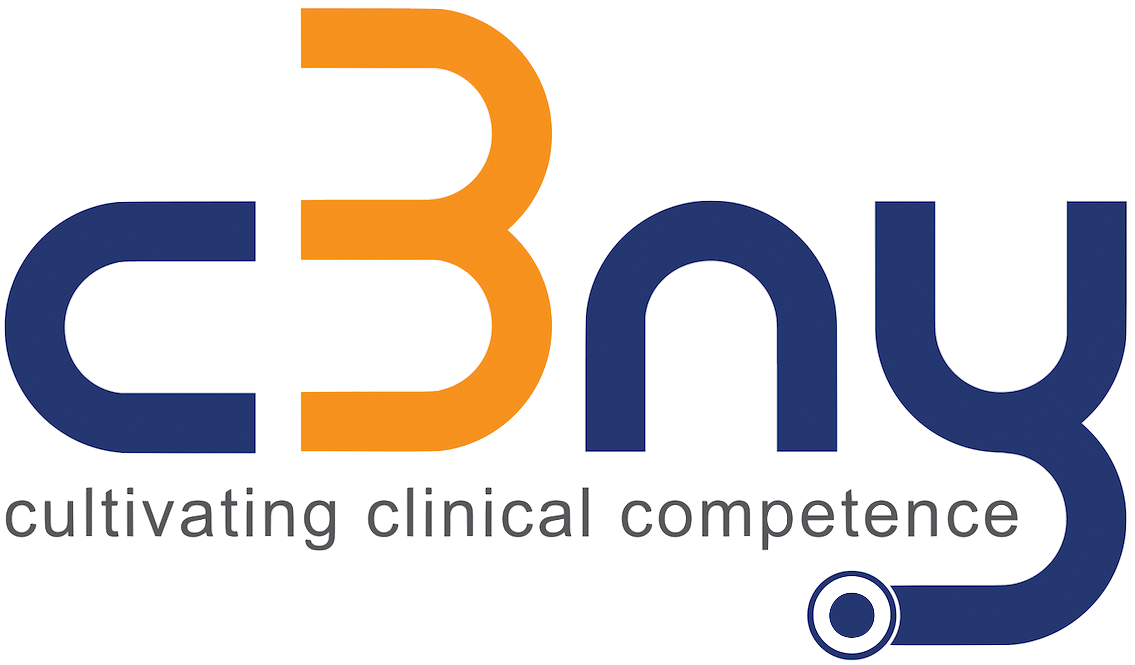There is a popular new book out, The Empathy Exams, which in part explores what it is like to be a simulated patient. The author uses her perspective as a simulated patient to ask basic questions about how we should care for one another; if its even possible to feel another person’s pain.
Empathy is a word we throw around a lot in Step 2 CS prep. But within the realm of the doctor patient interview, what exactly does this mean? What does it look like? KevinMD.com has a terrific article out, “Incorporate empathy in patient interactions”. Here the author Edward Leigh gives some concrete examples of what empathy looks like in the doctor-patient interview, and subsequently how it can actually SAVE THE CLINICIAN TIME (especially important on the Step 2 CS exam) to incorporate empathy early on, by inquiring about the patient’s life, habits, work, home, etc.
Some health care professionals may feel this personal talk is a waste of time and eats away at the little time clinicians have with patients. Keep in mind, we are talking about very brief comments, not long discussions. Clinicians actually report these brief personal chats can shorten the clinical portion of the interview since patients are more at ease and willing to share.
Alerting the Step 2 CS student again to the necessity of “Investing in the Beginning” which we started talking about in a previous blog post . If you find out about the *person* sitting in front of you first, you can find out about the *patient* sitting in front of you in due time, and all the quicker. Because once you have used empathy to put yourself in your patient’s shoes, the patient rapport will allow a much quicker yield of vital medical facts.
For example, as the article offers, a patient might say:
- “Two years ago, I had surgery, chemo and radiation for breast cancer. I am always worried about the cancer coming back.” (Sample empathetic response, “Sounds frightening for you.”)
It is quite understandable to hear the Step 2 CS student respond immediately with any number of medical questions to the statement above: “Which breast was it?” “Did you have a total mastectomy?” “What medications are you on?” and indeed, getting this information from the patient is important. However, if you care for the human first (“That sounds frightening”) and the patient second (all medical questions) the patient feels cared for, taken care of, and will happily answer all kinds of crucial medical questions afterwards. If only bombarded with the questions, to the exclusion of the doctor empathizing (to the best extent they can) with the patient’s situation, the patient is much more likely to close up, and not reveal essential information.
Read the whole article! Excellent use of the next few minutes!
Remember, you and the patient are PARTNERS in helping the patient. It isn’t just the doctor asking questions and the patient answering. More on that in a future posting.
Yours in excellent Step 2 CS prep,
The team at C3NY

